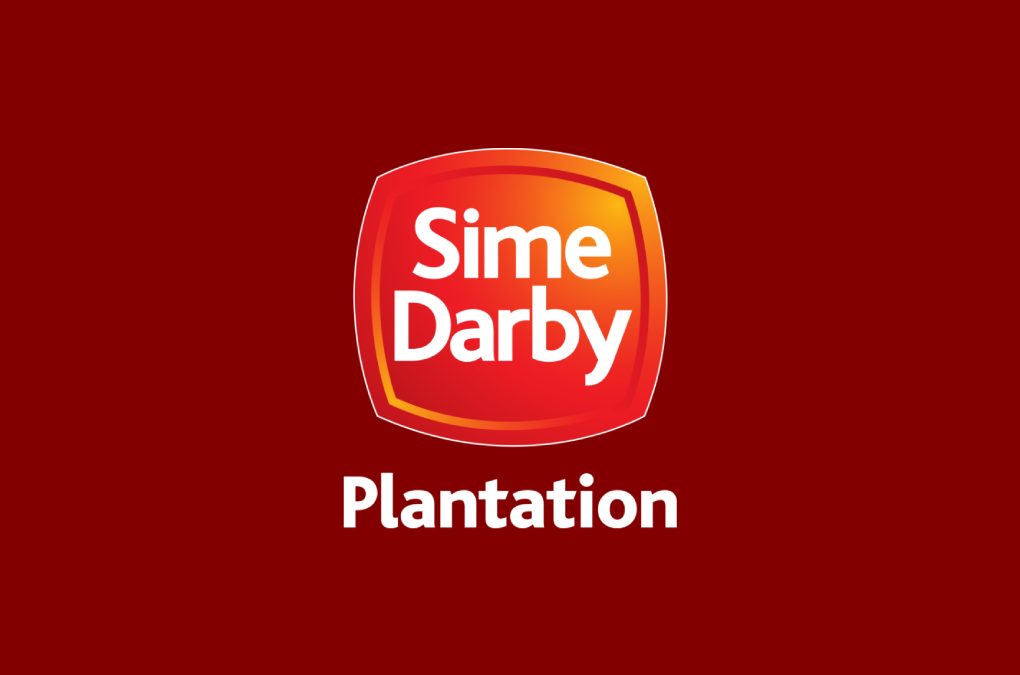Sime Darby Plantation streamlines minimum wage across Malaysian operations ahead of new national rate in 2019


Sime Darby Plantation streamlines minimum wage across Malaysian operations ahead of new national rate in 2019
KUALA LUMPUR, 20 September 2018 – Sime Darby Plantation Berhad (SDP) today streamlines the rate of minimum wage for all its workers throughout the Company’s operations in Malaysia, in anticipation of the new national rate that the government will enforce in January 2019.
With immediate effect, SDP’s plantation workers in the East Malaysia states of Sabah and Sarawak will now benefit from a wage structure that is equal to their counterparts in Peninsular Malaysia. The decision effectively raises their current minimum wage to RM1000 per month, matching the minimum wage currently enjoyed by workers in Peninsular Malaysia as stipulated under the law. Under the Minimum Wages Order 2016 made in pursuant to the National Wages Consultative Council Act 2011, the minimum wage rate for East Malaysia is currently set at RM920 per month.
“Sime Darby Plantation supports the government’s latest decision on the national minimum wage and we are looking forward to implementing a new rate of RM1050 when it comes into force in January 2019,” said Tan Sri Dato’ Seri Mohd Bakke Salleh, SDP’s Executive Deputy Chairman & Managing Director.
“In the meantime, and in conjunction with the Malaysia Day celebration, we have decided to standardise the current minimum wage of RM1000 across all our operations in Malaysia. Being in a labour-intensive palm oil industry, SDP is cognisant that employees are our greatest asset. By standardising wages throughout our operations, we hope the equitable income opportunity will help to attract more workers to join our East Malaysia operations. This is also a fitting gesture from the company towards our workers, especially those in Sabah and Sarawak, in the spirit of unity marked by one of our nation’s historic occasions,” added Tan Sri Mohd Bakke.
In addition to their current minimum wage, plantation workers at SDP operations throughout the country are also enjoying productivity-based income incentives, as well as many other free and subsidised benefits provided by the Company. These include, among others, free accommodation, potable water, supply of rice, subsidised electricity, free medical treatment for employees and their immediate dependants, and various amenities such as school bus transport for employees' children and recreational facilities.
Ahead of a further increase in the minimum wage in January 2019, SDP’s latest initiative is a welcome news to the Company’s employees in Sabah and Sarawak.
At the same time, SDP is also integrating new breakthrough technologies and innovations into its operations in line with the aspirations of Industry 4.0. With higher levels of mechanisation and automation, the Company endeavours to increase productivity and contribute to the up-skilling of its workforce. This will ultimately result in the increase of its workers’ income and transform SDP’s plantations into a hi-tech and more attractive place to work for the younger generation.


